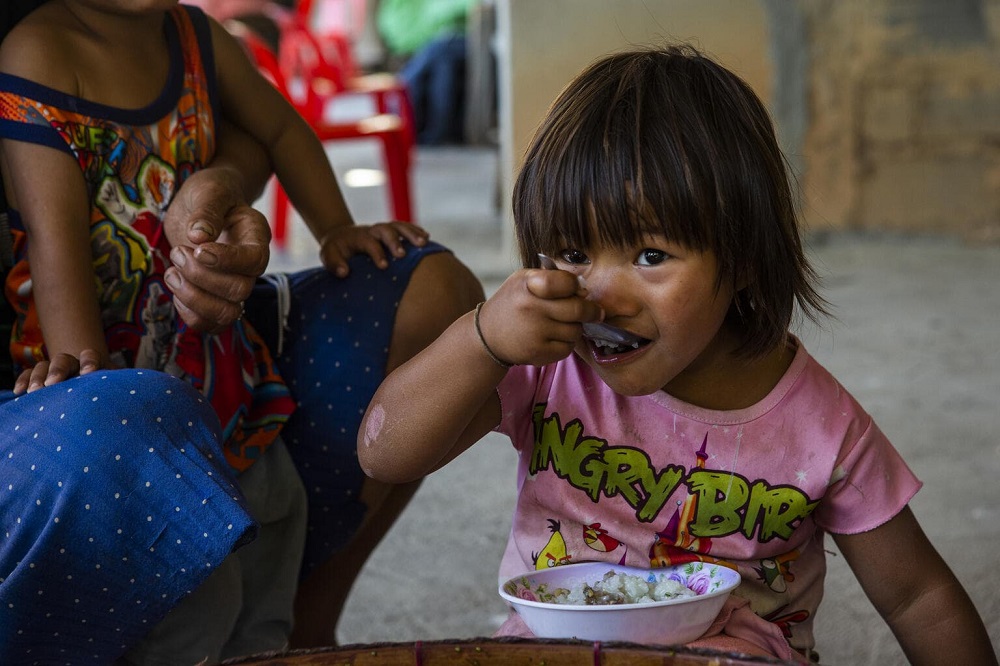Malnutrition remains a significant global concern, with millions of underprivileged children suffering from its devastating effects. In this blog of Fikrah, we will explore the critical issue of malnutrition among underprivileged children. As well as the urgent need for comprehensive solutions.
The Silent Crisis: Malnutrition’s Impact on Children
Malnutrition is not limited to hunger or insufficient food intake. It also encompasses a range of nutritional deficiencies. Underprivileged children often lack access to balanced diets, clean water, and essential nutrients. Thus making them vulnerable to malnutrition’s dire consequences:
1. Stunted Growth:
Malnourished children often experience stunted physical growth. Which can result in long-term health and developmental issues.
2. Weakened Immune System:
Malnutrition weakens the immune system. Thus making children more susceptible to infections and illnesses.
3. Cognitive Impairment:
Inadequate nutrition during crucial developmental stages can lead to cognitive impairments. Thus hindering a child’s ability to learn and thrive.
4. Increased Mortality Risk:
Malnutrition increases the risk of mortality among children. Particularly in regions where access to healthcare is limited.
Addressing Malnutrition: A Global Responsibility
The battle against malnutrition among underprivileged children requires a multi-faceted approach:
1. Access to Nutritious Food
Ensuring that underprivileged children have access to a balanced diet is paramount. Government programs, non-governmental organizations (NGOs), and community initiatives can play a pivotal role in providing food assistance. Thus promoting sustainable agriculture, and reducing food wastage.
2. Clean Water and Sanitation
Access to clean water and proper sanitation is vital for preventing malnutrition. Contaminated water can lead to various health issues, exacerbating the effects of malnutrition. Therefore, improving water and sanitation infrastructure is crucial.
3. Education and Awareness
Educating caregivers and communities about the importance of nutrition and hygiene is essential. Awareness campaigns can empower parents and caregivers. To make informed choices regarding their children’s diets and health.
4. Healthcare and Nutrition Programs
Governments and NGOs should collaborate to establish healthcare and nutrition programs targeting underprivileged children. Regular health check-ups, supplementation, and nutritional counseling can make a significant difference.
5. Collaboration and Advocacy
Addressing malnutrition requires a collaborative effort. From governments, international organizations, civil society, and the private sector. Advocacy efforts can raise awareness and mobilize resources to combat malnutrition on a global scale.
Conclusion:
Malnutrition among underprivileged children is a global crisis that demands immediate attention and action.
By focusing on access to nutritious food, clean water, education, healthcare, and collaborative advocacy efforts, we can work together to provide a brighter future for these vulnerable children. It is not only a moral imperative but also an investment in the well-being and prosperity of our global community.
Together, we can address malnutrition and ensure that underprivileged children have the opportunity to grow, learn, and thrive.
Click here to know more about “How Malnutrition impacts Children?”

